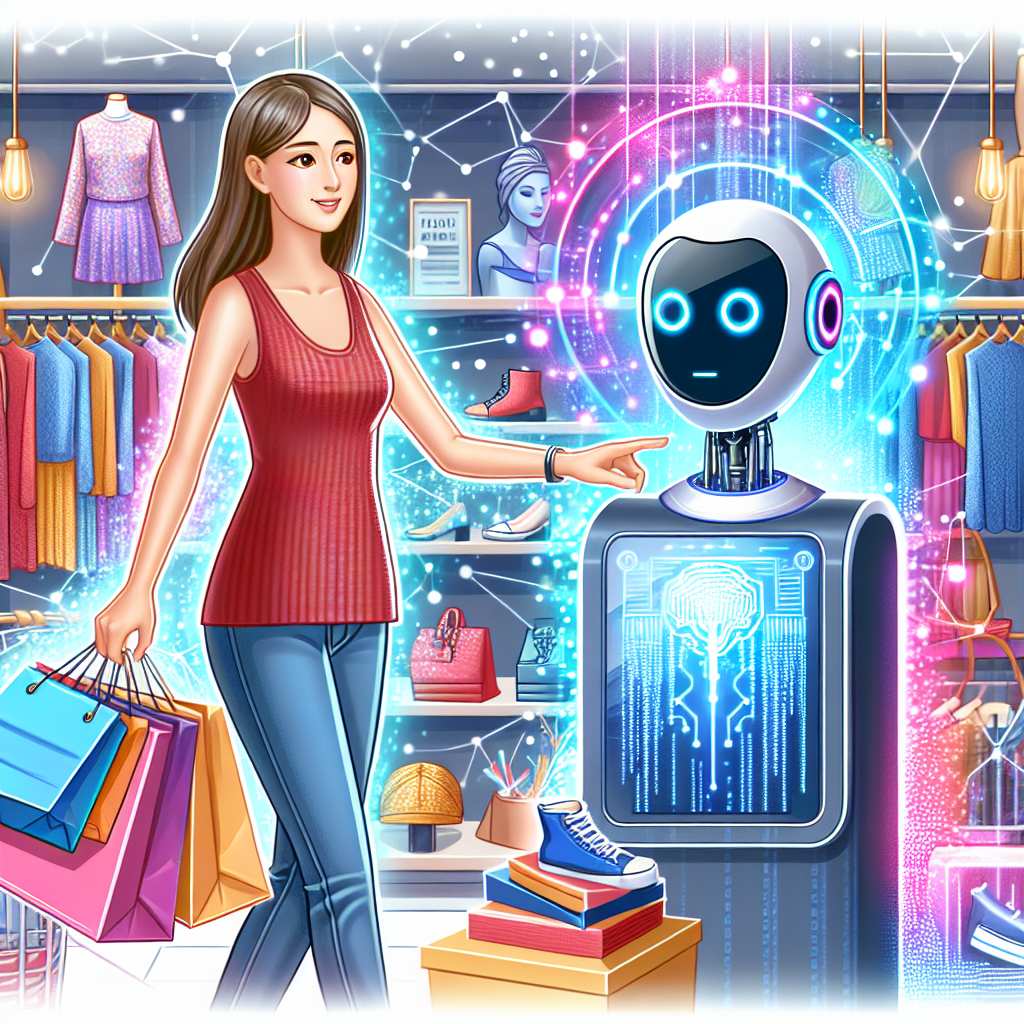The Role of AI in Fashion Retail Customer Service
In today’s fast-paced and ever-changing world, customer service has become more important than ever for businesses. With the rise of e-commerce and online shopping, customers have come to expect quick, efficient, and personalized service from retailers. This is where Artificial Intelligence (AI) comes into play, revolutionizing the way fashion retailers interact with their customers.
AI technology has made significant advancements in recent years, allowing businesses to streamline their customer service processes and provide a more personalized experience for consumers. In the fashion retail industry, AI is being used in a variety of ways to enhance the customer experience and drive sales. From chatbots and virtual assistants to personalized product recommendations and predictive analytics, AI is reshaping the way retailers engage with their customers.
One of the most common uses of AI in fashion retail customer service is through chatbots. Chatbots are computer programs that use AI to simulate conversations with customers. These bots can answer frequently asked questions, provide product recommendations, and even assist with the purchasing process. Chatbots are available 24/7, allowing customers to get the help they need at any time of day or night. This not only improves the customer experience but also helps retailers save time and resources by automating repetitive tasks.
Another way AI is being used in fashion retail customer service is through virtual assistants. Virtual assistants are more advanced versions of chatbots that can interact with customers in a more natural and conversational manner. These assistants can assist with a wider range of tasks, such as helping customers find the right product, providing styling advice, and even processing returns and exchanges. Virtual assistants can also learn from each interaction, becoming smarter and more personalized over time.
In addition to chatbots and virtual assistants, AI is also being used to provide personalized product recommendations to customers. By analyzing customer data and behavior, retailers can use AI algorithms to suggest products that are most likely to appeal to individual customers. This not only helps customers find products they love but also increases sales and customer loyalty. AI can also be used to analyze trends and predict future consumer behavior, allowing retailers to stay ahead of the curve and make informed business decisions.
Overall, AI has the potential to revolutionize the way fashion retailers interact with their customers. By providing personalized, efficient, and convenient service, retailers can build stronger relationships with their customers and drive sales. However, it is important for retailers to strike a balance between AI and human interaction. While AI can automate many tasks and provide quick answers to customer inquiries, human touch is still important for building trust and empathy with customers.
FAQs
Q: How can AI improve customer service in fashion retail?
A: AI can improve customer service in fashion retail by providing personalized product recommendations, automating repetitive tasks through chatbots and virtual assistants, and analyzing customer data to predict future behavior.
Q: Can AI replace human customer service representatives?
A: While AI can automate many tasks and provide quick answers to customer inquiries, human interaction is still important for building trust and empathy with customers. AI and human representatives can work together to provide the best customer service experience.
Q: How can retailers use AI to enhance the customer experience?
A: Retailers can use AI to enhance the customer experience by providing personalized product recommendations, offering 24/7 support through chatbots and virtual assistants, and analyzing customer data to improve service and drive sales.
Q: What are the potential challenges of using AI in fashion retail customer service?
A: Some potential challenges of using AI in fashion retail customer service include ensuring data privacy and security, maintaining a balance between AI and human interaction, and keeping up with the latest AI technologies and trends.
Q: How can retailers ensure a seamless integration of AI into their customer service operations?
A: Retailers can ensure a seamless integration of AI into their customer service operations by investing in the right AI tools and technologies, training their staff to work alongside AI systems, and continuously monitoring and optimizing AI performance.

